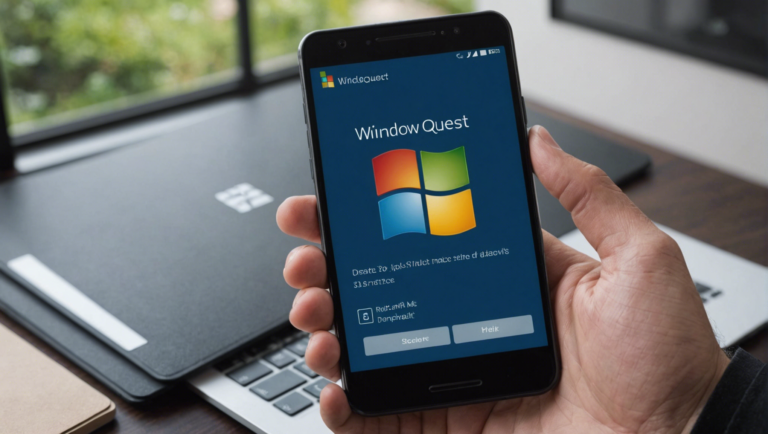Are Free Piano Offers the New Scammer’s Favorite Tool for Fraud Campaigns?
In a world where scammers are constantly evolving their tactics, could free piano offers be the newest weapon in their fraudulent arsenal? Join us as we delve into the realm of deceptive practices, uncovering the truth behind these tempting offers. Is your dream of owning a piano being used against you? Let’s unravel the mystery together.
In the vast world of the internet, scams have taken countless forms, and cybercriminals continue to invent new ways to deceive unwitting victims. One of the latest tricks employed by these deceptive minds involves the enticing offer of a “free piano.”
Imagine opening your email inbox and finding a message offering you a beautiful piano at no cost, simply because the owner is downsizing or donating it after a family loss. Sounds too good to be true? That’s because it is.
The Mechanics of the Free Piano Scam
According to threat researchers at the cybersecurity firm Proofpoint, scammers are leveraging piano-themed emails to lure targets into advanced fee fraud (AFF) scams. The scam begins with an invitation to claim a free piano, often purportedly due to circumstances like a death in the sender’s family.
For instance, an email might be crafted to appear from a university professor looking to rehome his late father’s piano. If the target expresses interest, they are instructed to coordinate with a shipping company to arrange for delivery. However, the shipping company is fake, and managed by the scammer. Subsequently, the victim is asked to pay for shipping costs, which can range between $595 and $915.
Emails Designed to Create Urgency
The scam email escalates the urgency by stating there are multiple people interested, pressuring the victim to act quickly to secure the piano. If the victim proceeds to pay the shipping fee without suspecting the fraud, the scammers cut off all communication, leaving the target with a significant financial loss and no piano.
Popular Platforms Used for Scams
Scammers exploiting the piano scheme employ various payment methods to extract money, including:
- Zelle
- Cash App
- PayPal
- Apple Pay
- Cryptocurrency
Additionally, scammers gather personally identifiable information (PII), such as names, addresses, and phone numbers. Proofpoint’s researchers discovered that payments often funnel into Bitcoin wallets used for various scams, reflecting the significant sums scammed from victims.
Nigerian Roots and Longstanding AFF Traditions
Researchers identified that part of this deceptive operation originates from Nigeria, revealing a high level of sophistication and coordination. AFF schemes are not new, dating back to scams like the infamous “Nigerian prince” emails.
Similar schemes have evolved to target victims through different narratives like employment opportunities and cryptocurrency. In all these scams, the premise remains consistent: convincing targets to pay a fee upfront in pursuit of a promised reward, which ultimately doesn’t exist.
Why Do People Fall for Such Scams?
The success of AFF scams, including free piano offers, can be attributed to several factors:
- Lack of Awareness: Many people are unaware of the nuances of these scams.
- Loneliness: Isolation can make individuals more susceptible to these false offers.
- Financial Desperation: Desperate economic situations can push people to take risks.
- Optimism Bias: The belief that bad things happen to others, not oneself, leading to carelessness.
The high volume of messages and varying email sender addresses also make it challenging for victims to identify scams early.
Staying Safe in the Face of Too-Good-To-Be-True Offers
To protect yourself from falling victim to scams like the free piano offer, remain skeptical of unsolicited emails, especially those offering valuable items for free. Always verify the legitimacy of the sender and the offer through independent research or direct contact with the supposed entity sending the email.
Remember, if an email offer seems too good to be true, it most likely is. Stay vigilant, stay informed, and don’t let scammers hit a sour note in your life.
Source: securityboulevard.com







